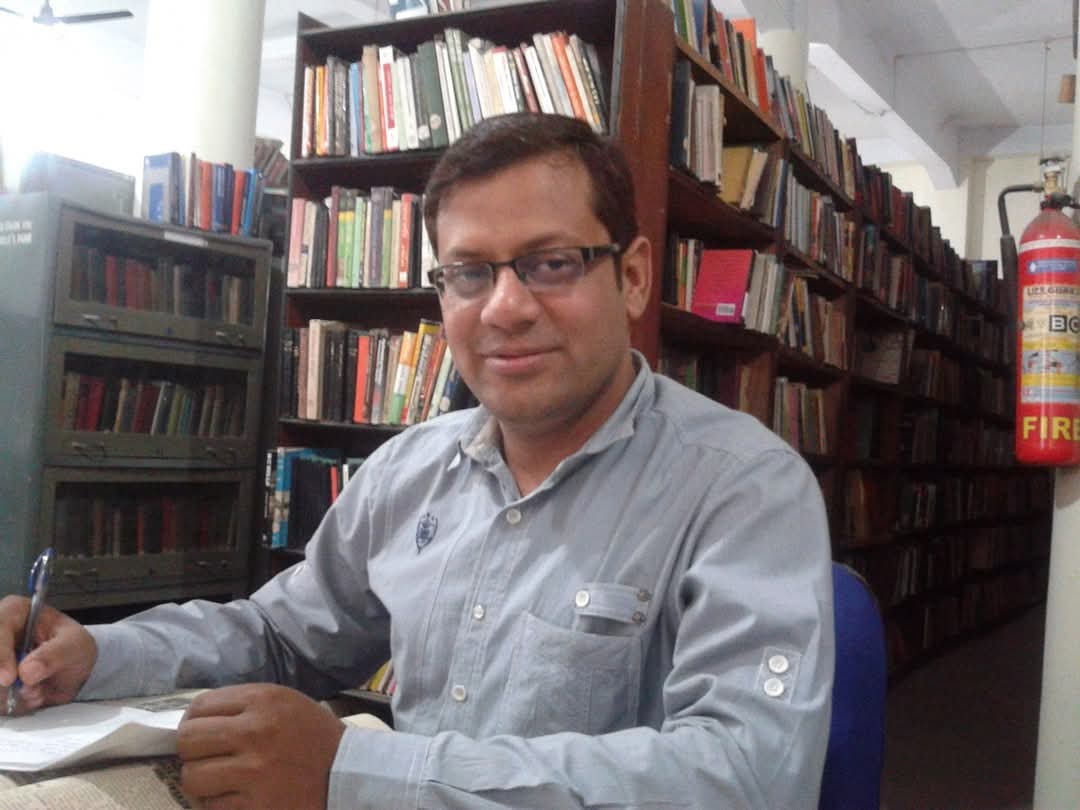The state of Assam witnessed a "historic" event on February 24, 2025, when over 8,600 dancers and artistes participated in the Jhumoir Binandini 2025 event, marking the 200th anniversary of Assam’s tea industry.
The event, which has been described as the "largest-ever" Jhumur (also spelt Jhumoir or Jhumair) dance event in history, was attended by Prime Minister Narendra Modi himself.
Held at the iconic Sarusajai Stadium in Guwahati, the event attracted thousands of spectators from across Assam.
Beyond the "record-breaking feat", what captured significant attention was the "unanimous decision" of approximately 6,000 Adivasi students to forgo their High School Leaving Certificate (HSLC) examinations in order to participate in the event.
If such a large number of Adivasi students chose to forfeit their HSLC examinations for a Jhumur dance event, it raises a profoundly disconcerting question—to what extent has education truly permeated this marginalised community, even after 78 years of independence?
The fact that thousands of rupees were spent, and a journey to Guwahati was prioritised over an examination as crucial as the HSLC, reflects an alarming mindset.
It also highlights the failure of parents to recognise the importance of education.
Who bears responsibility for this crisis? Should the blame rest solely on the current government?
While the administration’s failure to consider examination schedules when selecting performers is indeed a lapse in judgement, a broader systemic issue is at play.
The schedule for the Jhumur dance event could have been adjusted to prevent this conflict.
However, the root of the problem runs deeper—why did attending an event in Guwahati take precedence over securing one’s educational future?
To comprehend the historical exploitation of Assam’s tea tribes, one must read Amalendu Guha’s Planter-Raj to Swaraj.
This book meticulously documents how the Congress party, even prior to independence, played a role in the oppression of tea garden workers.
Despite the sacrifice of five tea tribe individuals who became martyrs during India’s freedom movement, their contributions have been overlooked by mainstream historians.
The educational curriculum has systematically ignored their history, failing to acknowledge their struggles and sacrifices.
It is only in recent years that Malati Mem, the first female martyr from the tea tribe community, has received some recognition.
This historical erasure is not incidental; it is a continuation of the social, cultural, and political marginalisation of the tea tribes.
The community has been deliberately kept in a cycle of underdevelopment—education remains inaccessible, and issues such as superstition and substance abuse remain unaddressed.
This neglect ensures that the tea tribes remain a perpetual vote bank, easily manipulated by those in power.
However, the greatest betrayal has come from within the community. Leaders such as Pawan Singh Ghatowar, Prithvi Majhi, Silvius Kondapan, Kamakhya Prasad Tasa, Rameswar Teli, and Pallav Lochan Das, along with organisations such as AATSA, have benefited from political and personal advancement while failing to uplift their people.
Their leadership has prioritised individual gain over collective progress, leading to the dire circumstances the tea tribes face today.
The consequences of this failure are evident—educational neglect, economic stagnation, and continued socio-political marginalisation.
The tea tribe or Adivasi community does not require token gestures of recognition; it requires structural change. It needs leaders who prioritise education over political opportunism and policies that empower rather than exploit.
Until such changes occur, events such as the one in Guwahati will continue to symbolise a greater tragedy—the systematic disenfranchisement of an entire community.
ALSO READ | Pitfalls Of Hero Worship: Unveiling Imbalances in Society

Pranjal Majumdar is a Guwahati-based senior journalist and a Research Fellow at Gauhati University.